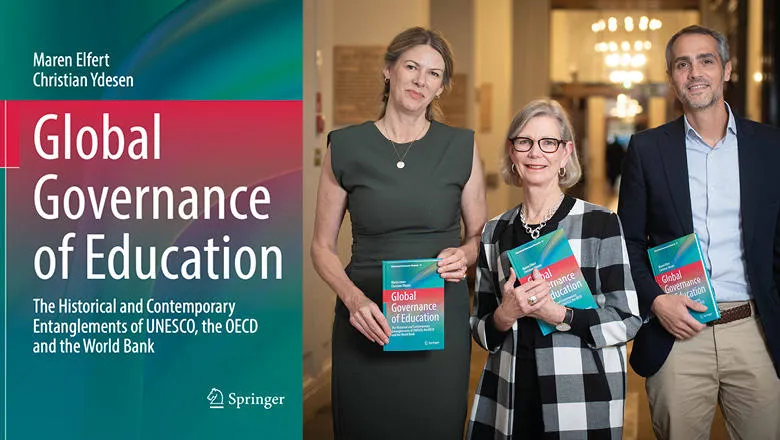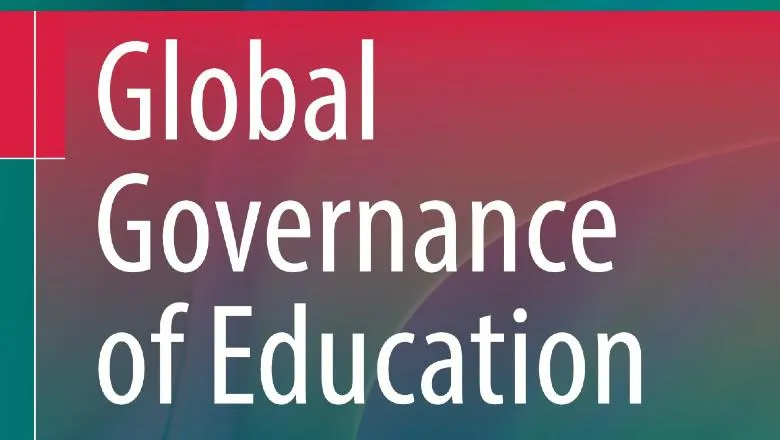Global governance of education: The historical and contemporary entanglements of UNESCO, the OECD and the World Bank (published by Springer) sheds light on how the United Nations Educational, Scientific and Cultural Organization (UNESCO), the World Bank, and the Organisation for Economic Co-operation and Development (OECD), have emerged as key actors of the global governance of education, leading to converging agendas and homogenised policymaking.
Dr Maren Elfert, Senior Lecturer in International Education at King’s College London, and Christian Ydesen, Professor in Education Research and Internationalization at Aalborg University, Denmark, argue that global agendas such as the Sustainable Development Goals (SDGs), serve IOs for self-preservation and expansionism. SDG4 for quality education for all, provides the framework for the OECD, which has built its legitimacy to a great extent on its Programme for International Student Assessment (PISA), to expand its testing regime to low-income countries – under the umbrella of the UNESCO-coordinated SDG4 agenda and with the support of the World Bank.
PISA, which represents an internationally comparative test of 15-year old students’ skills in reading, mathematics and science, that is being coordinated by OECD every three years in high-income countries, has been criticised for reducing education to what is measurable and standardising what is considered as “good” education. Through such programmes, the IOs legitimise their existence by building up supposedly superior technical and bureaucratic expertise that is unquestioned and regarded as “common sense”. And while countries and other non-state actors may well be involved in global governance bodies, it is the “experts” that take the lead. Universal technical solutions therefore potentially disempower countries as they are untransparent and difficult to grasp.
Another key finding of the book is that UNESCO, the international organisation that was created after World War II as the specialised agency of the United Nations for intellectual affairs including education, and is also the most democratically governed IO in which developing countries have the most say, has been crowded out by the OECD and the World Bank.
The weakening of UNESCO’s authority in the global governance landscape is also due to the role of the United States that prioritised the OECD and the World Bank to pursue its national and geopolitical interests and secure its dominant position in the world. The OECD, which was originally created to administer the Marshall Plan on behalf of the US government, was used to spreading American management and business approaches aiming at greater economic productivity to European countries, while the World Bank was a chosen instrument of the US government to expand the free-market capitalism to developing countries. Considered increasingly a difficult and unreliable partner, the United States lost interest in UNESCO, which furthered the rise of the OECD and the World Bank.
Through intensive archival research and interviews, the co-authors have traced the shifting power dynamics between the three organisations and how they have impacted educational policymaking at the global level. In the book, they shed light on how these three IOs have significantly contributed to the globalisation of educational norms, policies and technologies.
Watch the recording of the launch event: The shifting power dynamics in the global governance of education, which took place on 26 October 2023.



